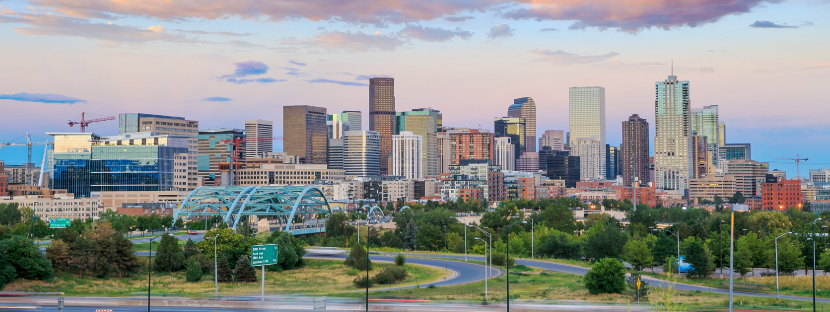
City officials in Denver are getting serious about cracking down on short term rentals within the city now that a new law passed in 2016 has taken effect. Some rules on illegal subletting in Denver have been in place for a while, but now the city requires that hosts register their property online, pay $25, and collect a 10.75 percent lodger’s tax from guests. Registration of second homes is prohibited.
Effective January 1, 2017, the city started to step up and enforce its regulations by imposing hefty $150 fines on property owners who are posting their properties on services like Airbnb without proper licensing in violation of the city ordinance for subletting activities.
How Successful Is Denver’s Short Term Rental Law
The city hoped that the easy registration process and low licensing fee would result in high compliance with the law. Denver officials say the city’s compliance rate is roughly 62%, which means that there is still a high percentage of illegal sublet listings out there in Denver neighborhoods. Now, city officials are saying that fines will get steeper for those who don’t comply with the rules for legally subletting properties.
“That license is what allows us to keep those places accountable,” Dan Rowland of Denver’s Department of Excise and License said in a Denver CBS piece. “Without it, we don’t know who people are or what they are doing.”
The city of Denver actually has its own resources for checking on legal short term rentals in Denver, but landlords also have access to tools to monitor their own properties and ensure tenants are conforming to the occupancy agreements in the lease. Denver’s subletting licensing requirement is just one step toward better overall property management and local government success, as well as protecting the property owner’s real estate investment.
